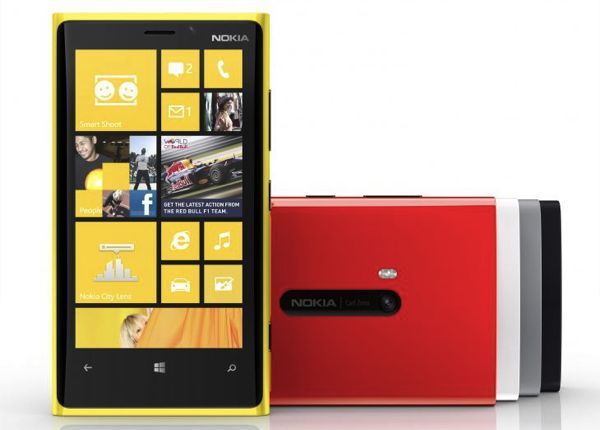
Meet Nokia Lumia 920 Windows Phone
Finnish mobile phone maker Nokia on Wednesday morning announced the latest smartphone in the Lumia family, the Nokia Lumia 920, which is the company's flagship Windows Phone 8 device. The device bears a strong physical resemblance to the previous Lumia flagship devices, but this time around, Nokia has innovated in design rather than simply overload with more powerful specs, and it showed off its innovations today by unveiling some exclusive new apps and capabilities.
The Lumia 920 has a 4.5" (1280 x 768) WXGA display, a 1.5 GHz dual-core Qualcomm Snapdragon S4 processor with 1GB of RAM, 32 GB of storage and an 8.7 Megapixel rear-facing camera/1.2 Megapixel forward facing camera combo, the internal specs are good, but not insane top-of-the-market specs like those provided by Android smartphone makers.

Stock market decimalization kills IPOs and ruins the economy
Second in a series. Well it took me more than the one day I predicted to finish this column, which purports to explain that dull feeling so many of us have in our hearts these days when we consider the US economy. Our entrepreneurial zeal is to some extent zapped. For a decade it seemed we needed to jump from bubble to bubble in order just to drive economic growth -- growth that ultimately didn’t last. What happened? Initial Public Offerings (IPOs) went away, that’s what happened.
I wrote several columns on job creation over the last year, columns that explained in great detail how new businesses, young businesses, and small businesses create jobs and big businesses destroy them. Big business grows by economies of scale, economies of scale are gained by increasing efficiency, and increased efficiency in big business always -- always -- means creating more economic output with fewer people.
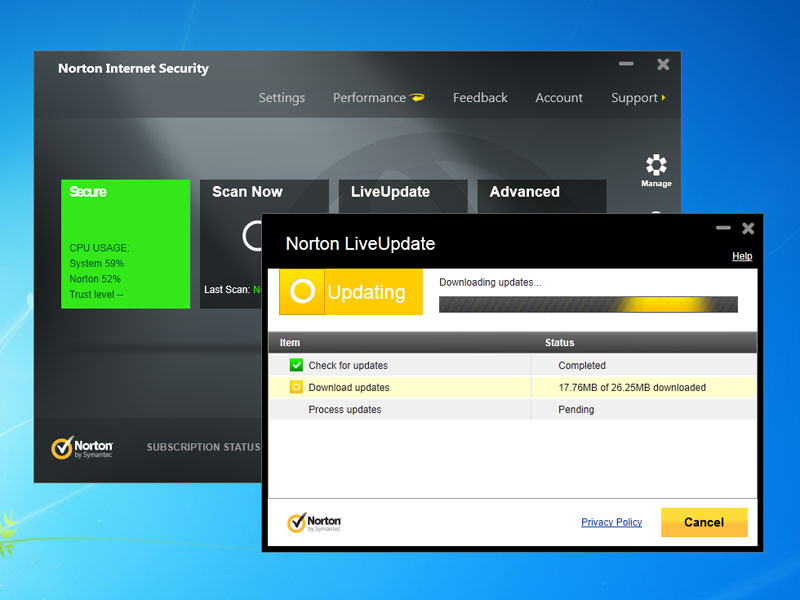
Symantec releases Norton 2013 security suites
Symantec has released brand new versions of its Norton security packages for Windows, Norton Anti-Virus 2013, Norton Internet Security 2013 and Norton 360 2013. It’s the first time all three packages have been updated simultaneously, while the branding has also been amended to remove all references to a date, simply naming each Norton Anti-Virus, Norton Internet Security and Norton 360, respectively.
The 2013 versions come with what Symantec describes as “five layers of patented protection”, which include stronger social networking and anti-scam protection. There’s also full, certified support for Windows 8 and the promise of better performance on multi-core CPUs.

Tweak your PC with Puran Utilities
Just how involved would you like to be with the process of cleaning up and maintaining your computer? If you’re reading this, there’s a fairly high chance that you like to get pretty hands on, but there will still be occasions when time is short and you need a quick-and-easily solution to get the job done quickly. Puran Utilities is a free utility suite that has both bases covered with an impressive selection of more than 20 tools that you can use individual or in combination with each other.
These tools cover everything from check your hard drives and registry for problems, removing unnecessary software, rendering deleted files unrecoverable and much more. Many of the optoins available may sound like tools that are already built into Windows, but this is not the case for all of them. Windows has lacked a file wiping tool for years, and a registry cleaner is similarly noticeable by its absence, but even if you view Puran Utilities as a repository of simple tools, it is useful to have everything available in one place.

3 things not to do with SharePoint
I’m a big fan of SharePoint. I’ve worked with it for years, right back to SharePoint 2001. It does a lot of things very very well (Since you ask -- document management, collaborative working, and increasingly social networking functionality). However, SharePoint also does lots of things, its feature set is simply huge. Not all of these features are as mature as others, and as a result it is easy for SharePoint systems to end up feeling a bit mixed and matched. Some things work well, some less so, and some should have been avoided altogether.
It is often as important to know what not to do with SharePoint, as it is to know what to do. So, with that in mind, here are 3 things you should avoid with SharePoint:
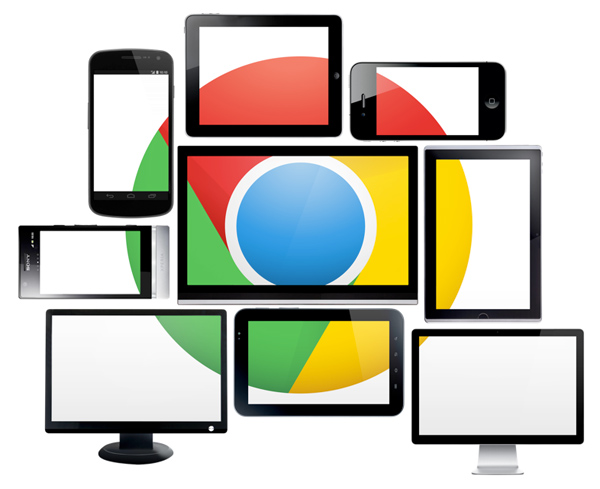
Do you use Google Chrome?
To celebrate Chrome's fourth-anniversary -- well, in beta -- we're asking readers if and why they use Google's browser. The search and information giant released the first public test build, for Windows, on Sept. 1, 2008, with the one-oh release following just three months later. For a company renown for perpetual betas (wasn't it five years for Gmail), the rapid push to release build was uncharacteristic -- and foreshadowing. As Martin Brinkmann explains, Google set a rapid-release cycle -- new versions about every six weeks -- that transformed web browser development.
Yesterday, Tim Conneally told his personal story about using Chrome, starting from the beta. I would like to hear your story, too. You can comment to this post, or, better, email me -- joe at betanews.com. I'd like more than a comment, but your story to which we can put your byline, bio and photo.
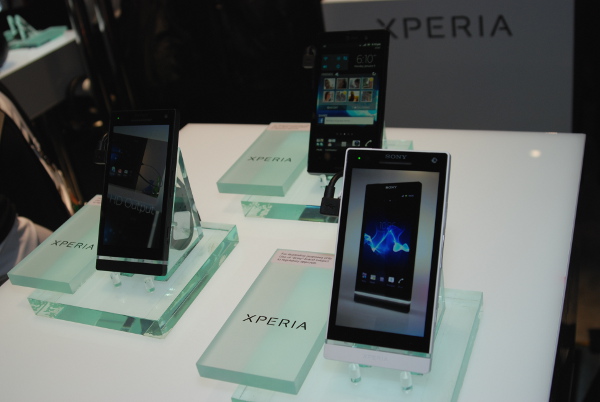
Sony gets behind the Android Open Source Project for Xperia S
The Sony Xperia S smartphone comes with Sony's Timescape UX by default. Now, Sony has pledged to support a third-party project to port "stock" Android to the device.
In August, Android Open Source Project (AOSP) Technical Lead Jean-Baptiste Queru started a new experiment to port the vanilla version of Android to the Sony Xperia S, Sony's first post-Ericsson smartphone. Yesterday, the Japanese smartphone manufacturer announced its support for Queru's experiment by publishing the binaries for the Xperia S via the Sony Developer page.

BBC iPlayer for iOS now downloads TV shows
iPhone, iPod and iPad users who take advantage of the streaming capabilities the BBC’s iPlayer app now have a new feature to play with -- the ability to download programs and store them on your phone or tablet for up to a month. This is a move that will be welcomed by travellers as it opens up the chance of downloading a batch of programs at home over a Wi-Fi connection to avoid racking up expensive data usage bills while away from home.
There is promise of an Android version of the updated app in the pipeline, but for the time being this is something that can only be enjoyed by iOS users. The newly added offline mode is a great addition to the app, which had already been updated to allow for programs to be streamed over a data connections as well as when connected to Wi-Fi. While the change is undoubtedly beneficial, it does come with limitations.

Judge Koh should vacate the Apple-Samsung verdict
Jurisprudence demands that US District Judge Lucy Koh right a terrible miscarriage of justice occurring in her courtroom. The Apple-Samsung patent dispute is nothing but a mock trial. The jury ignored key instructions, failed to complete a crucial checklist, made egregious errors on the final verdict form and reached a verdict after 21 hours of deliberations. The foreman misunderstood one of the concepts fundamental to the case -- prior art -- leading the jury astray. Then there is Judge Koh, who prevented Samsung from presenting key evidence or witnesses that could have made its defense and case against Apple more credible.
Apple claims that Samsung copying iOS device designs and patents causes irreparable harm. But the greater injustice is against the South Korean manufacturer, which is branded a copycat and thief -- all while the victim of terrible misreporting by analysts, bloggers, journalists and other writers. Samsung suffers irreparable harm here, not Apple. Judge Koh let this travesty occur on her watch. She should be ashamed and do what this malfeasance demands: Set aside the verdict. Best scenario: She should deny all claims by both parties, and let them sort it all out on appeal. Acceptable: Order a new trial. She let the case get out of control. Time is long past to reel it in.
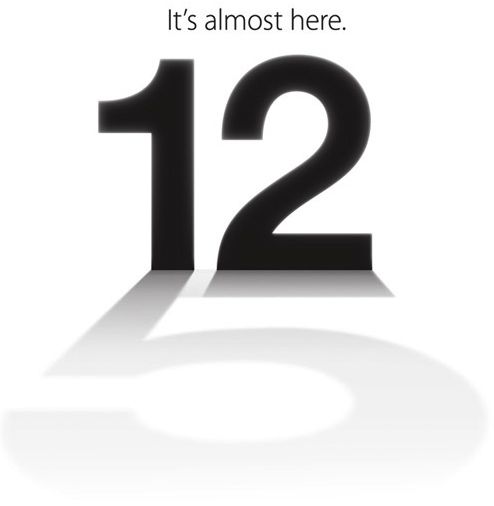
Apple slaps a gigantic number five on its September 12 press conference
Apple on Tuesday officially distributed its invitations to the media for an event on September 12 in the company's usual spot for press conferences, the Yerba Buena Center for the Arts in San Francisco, California.
The big number twelve on the invitation is casting a shadow that is shaped like the number five, which has naturally lead many to believe this is the event for the "iPhone 5," or fifth generation of Apple's iPhone. The iPhone 5 moniker has been in use since before the iPhone 4S was released, but as Dave Caolo of the Unofficial Apple Weblog jokingly pointed out on Twitter, it could just as easily mean a 5" iPad.
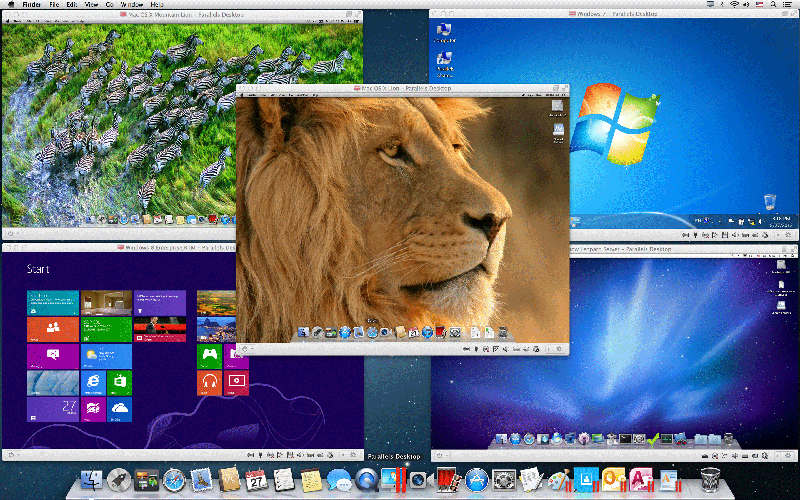
Parallels 8 launches, supports Mountain Lion and Windows 8
Parallels Holdings Ltd has announced the launch of the latest version of its Mac virtualization tool, Parallels Desktop 8.0.18100. Parallels allows Mac users to run a variety of operating systems, including Linux and Windows, in a virtual environment, while integrating non-OS X applications into the Mac interface.
Version 8 extends support to both Mountain Lion and Windows 8, plus takes advantage of new technologies such as Retina displays, allowing Windows to run in a high-resolution environment.

Hacktivist group #Antisec releases a million Apple device IDs, wonders why FBI had them
#Antisec, The loosely-organized black hat security collective formerly known as Lulzsec has released a file containing a million and one (1,000,001) Apple Unique Device Identifications (UDIDs), and their related APNs (Apple Push Notification Service) tokens, as well as a certain amount of personal user information. The group claims the information was not taken from Apple directly, but rather though a vulnerability exploit on FBI Agent Christopher K. Stangl last March.
The group claims there were actually more than twelve million UDIDs on Stangl's Dell Vostro notebook, as well as an incomplete list of zip codes, mobile phone numbers, home addresses, and whatever personal detail fields could be obtained. Antisec said there were no other files in the same folder that mention the list or its purpose.
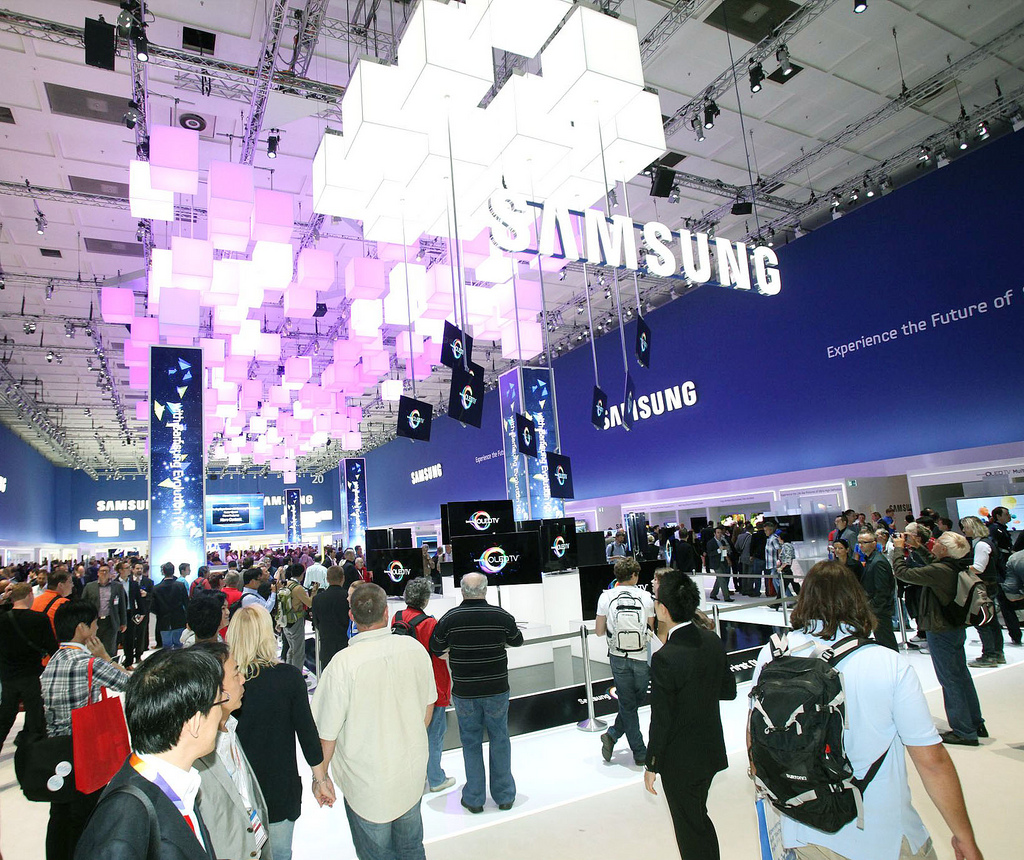
Shanghai'd by Samsung!
It sounded like quite the road trip. Stuck in Germany, with their host threatening to strand them there unless they engaged in what amounted to slave labor, those poor bloggers from India must have been terrified. What should have been an all expense paid junket to cover the IFA conference turned into a kind of Orwellian nightmare scenario complete with heavy-handed scare tactics, logo'd polo shirts and healthy dose of international intrigue.
Frankly, I'm not at all surprised. As a 25 year veteran of the IT press, I've seen all sides of the vendor/media dichotomy. And one of the earliest lessons I learned was that there is no free lunch. When a vendor splurges on an analyst, reporter or blogger, they are expecting to get something in return. Typically, this means positive coverage. They want you to write a glowing review of their product/event/announcement, and if you don't, you'll quickly end up on their blacklist.

The Great Recession isn’t really over
First in a series. A couple of years ago, in an obvious moment of poor judgement, the Kauffman Foundation placed my personal rag on its list of the top 50 economics blogs in America. So from time to time I feel compelled to write about economic issues and the US Labor Day holiday provides a good excuse for doing so now. In a sense you could say I inherited this gig because my parents began their careers in the 1940s working for the US Bureau of Labor Statistics. This first of two columns looks at employment numbers in the current recovery while the second will try to explain why the economy has been so resistant to recovery and what can be done about it.
You’ll see many news stories in the next few days based on a study from the National Employment Law Project detailing how many and what kinds of jobs were lost in the Great Recession and what kinds have come back in the current recovery. Cutting to the chase we lost eight million jobs, have recovered four million of those, but, here’s the problem, the recovered jobs on average pay a lot less than did the jobs that were lost, which is why the US middle class is still hurting.

Windows Explorer Tracker reveals lots about little
When you need to understand exactly what programs are doing on your PC then tools such as Process Hacker, Process Explorer or Process Monitor will almost certainly get the job done. They’re compact, powerful, and an excellent aid for all kinds of troubleshooting tasks.
These tools often produce extremely lengthy reports crammed with low-level detail, though, which can be intimidating to some users. And so if you’re looking for something more straightforward, you might be interested in the free Windows Explorer Tracker, as it’s the kind of system monitoring tool which just about anyone can use.



